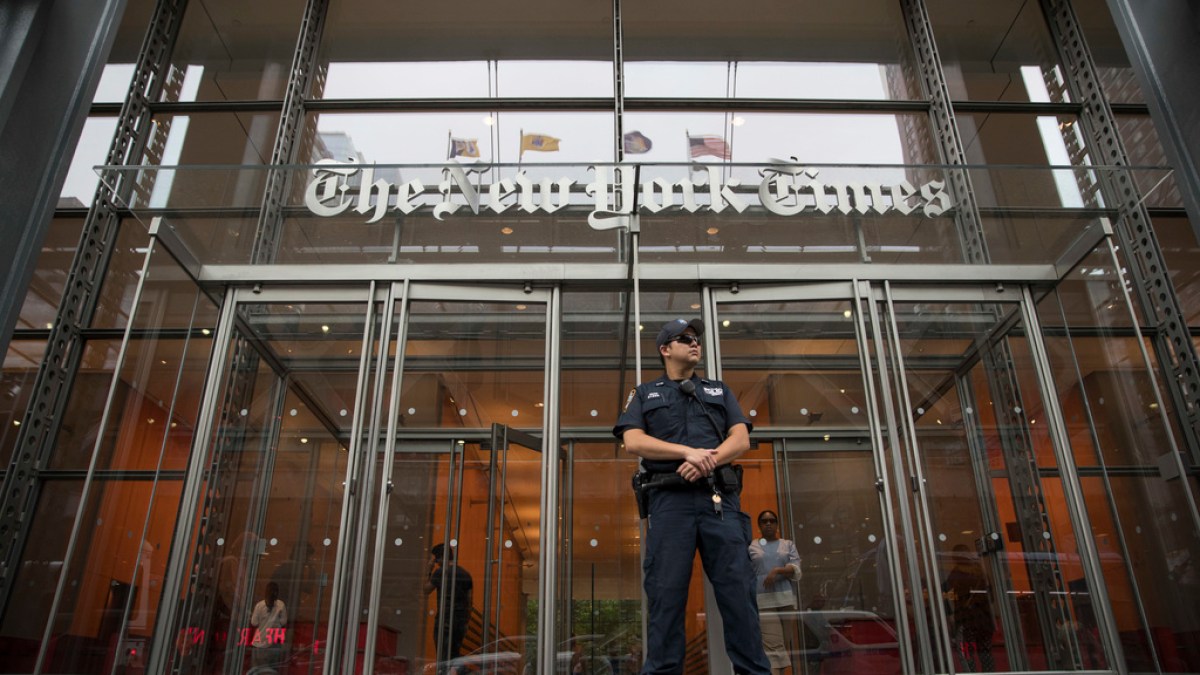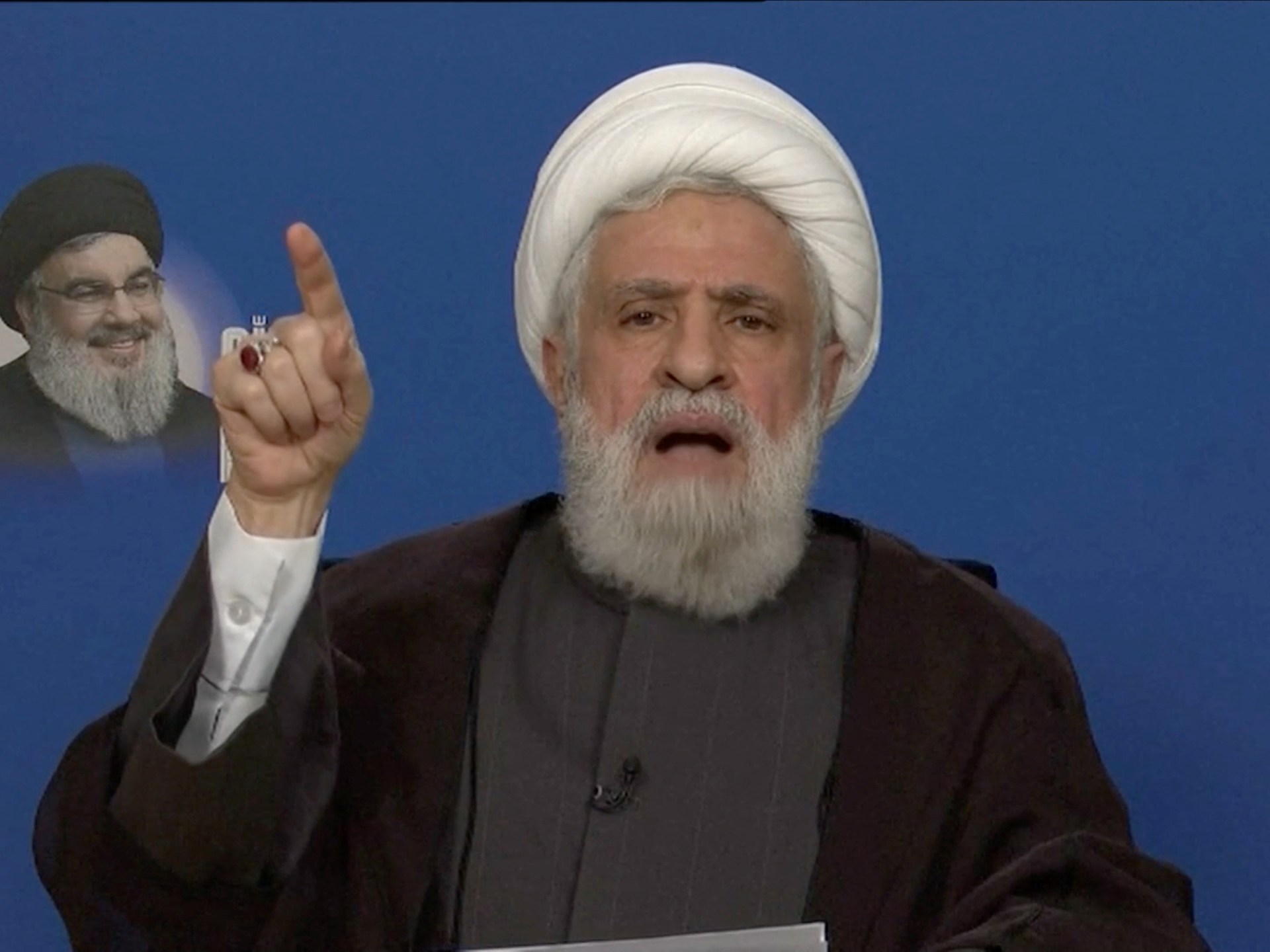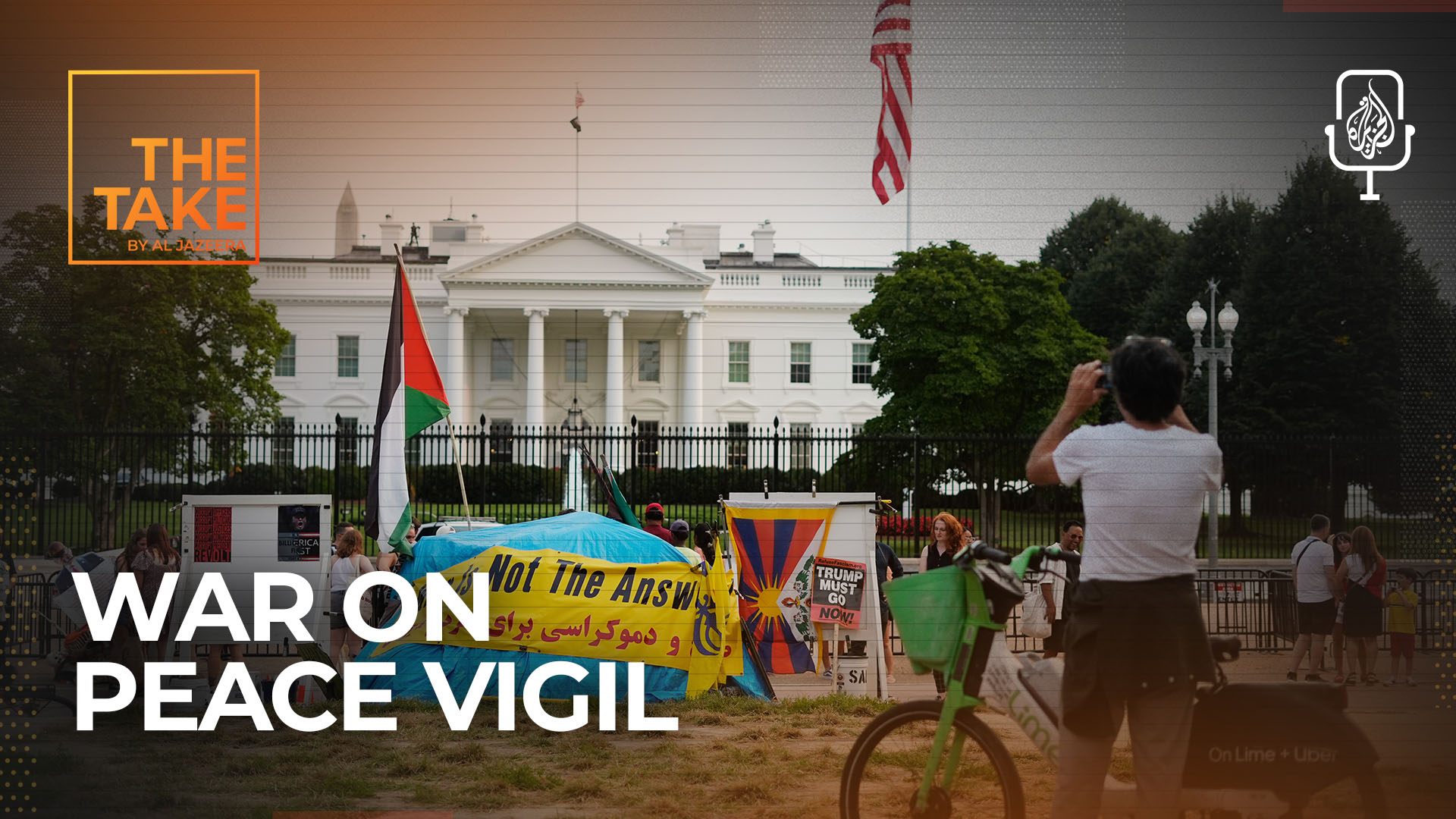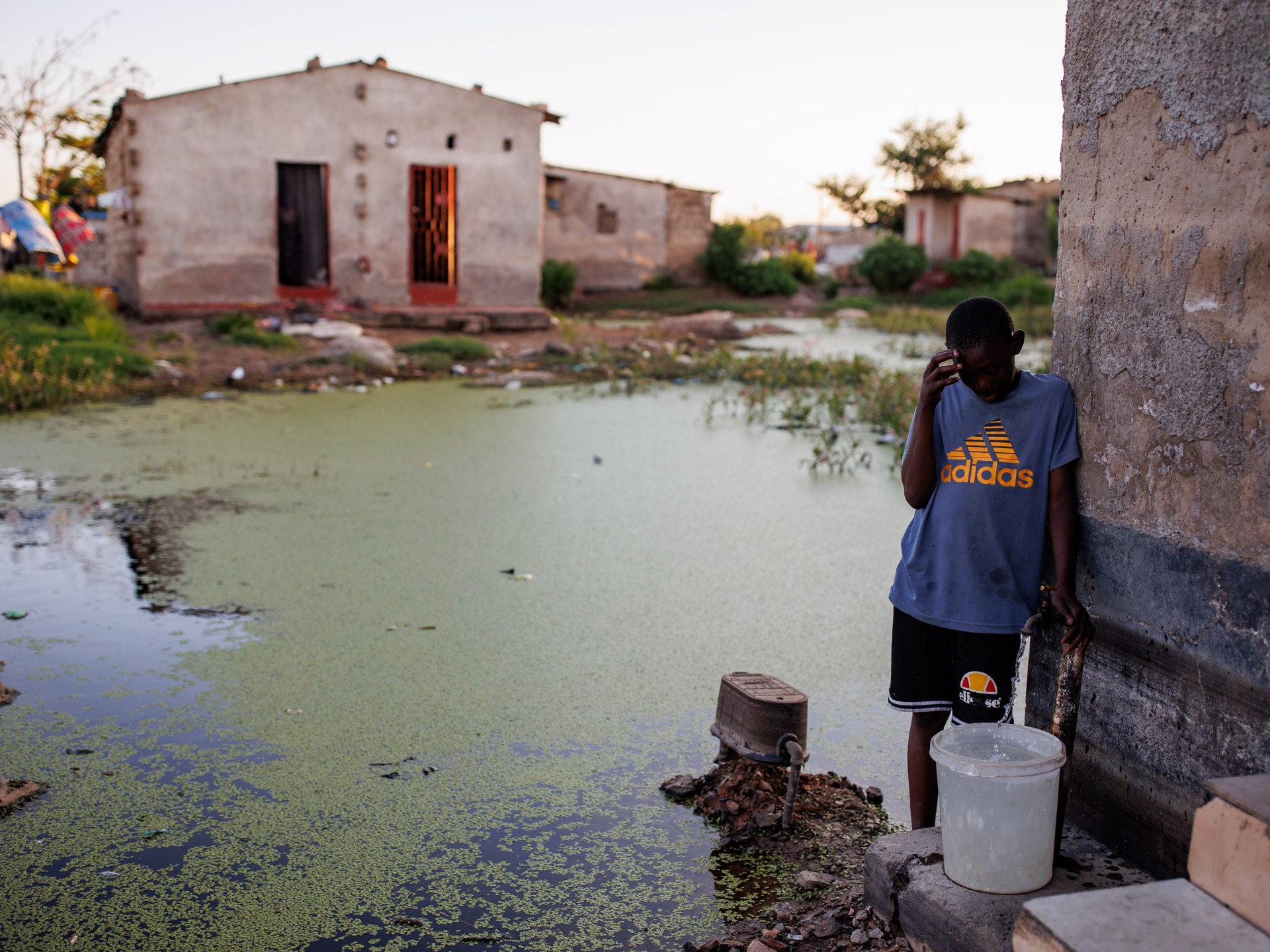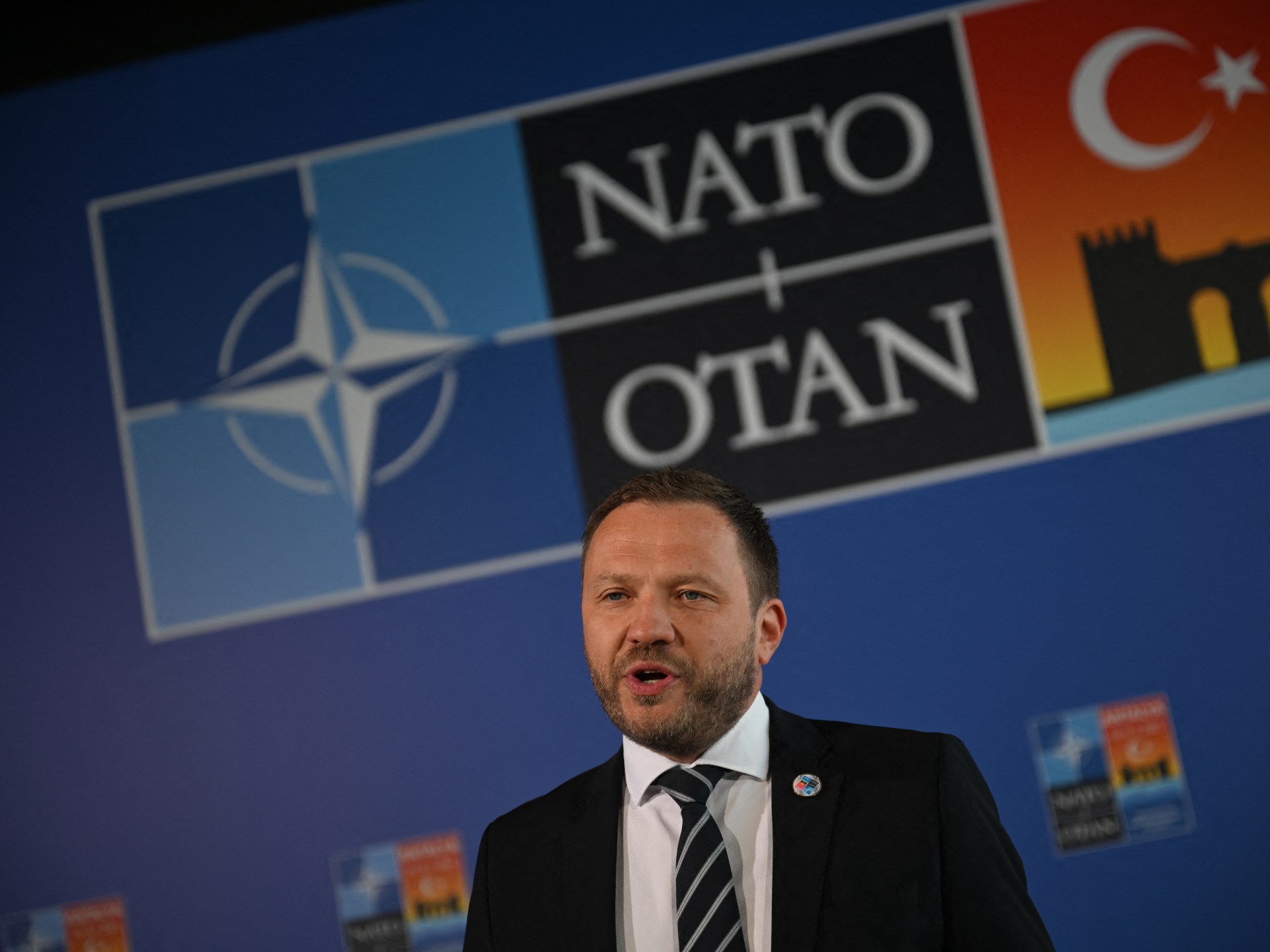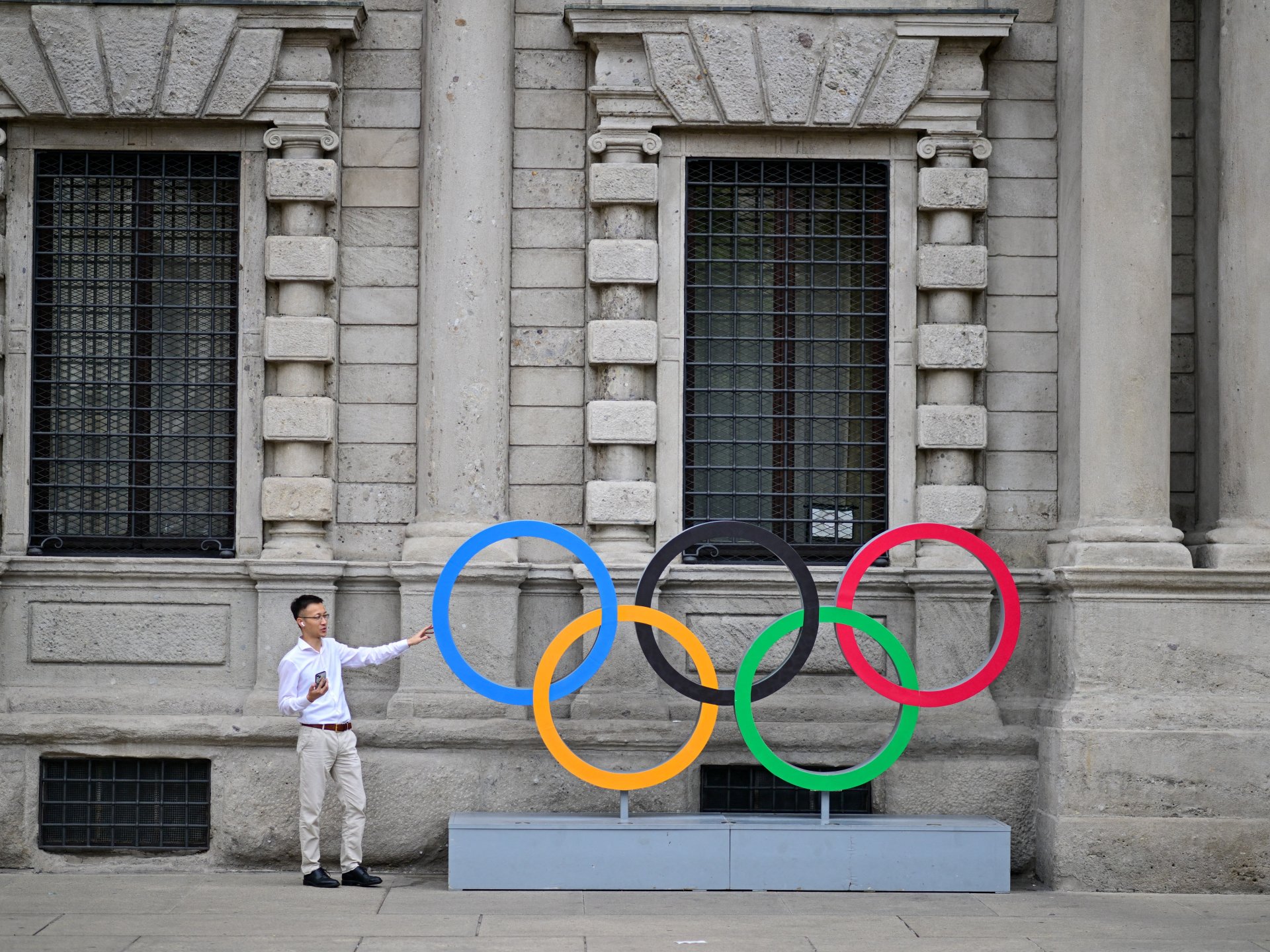In Africa, surprises rarely start with politics alone. Too little water, too dirty, or unfairly shared are the typical starting points for them. In both cases, families are more prone to displacement, hunger, and conflict because droughts force pastoralists to leave their fields, and floods wash away markets and schools. Farmers and herders have clashed as the rainfall patterns change in the Sahel, and in Southern Africa, dry taps have caused unrest and forced rationing in cities. Every single instance demonstrates the simple truth that social contracts and economies fail as well.
This fragility is structural. The agricultural land in Africa is still rain-fed, leaving the crop at the mercy of climate variations. Water security is being put under increasing pressure from various directions, according to the Intergovernmental Panel on Climate Change (IPCC). Without water, planning, how it is funded, and who makes the decisions, will be impossible to adapt. I’ve personally witnessed communities become more resilient when water is kept safe, stewarded, and distributed fairly.
Yet despite this need, nearly half of the world’s population still lacks at least basic drinking water supplies. Our priorities should be rearranged after that one fact. Water is a fundamental component of development, which affects what is produced on farms, what is produced in factories, and what is taught in the classroom. It is also a human right.
Families, especially women and girls, are the ones who are shock-absorbing when fields dry out or taps dry out. They do it in terms of time logged, missed classes, and missed opportunities, not in abstract numbers.
Women and girls are estimated to spend around 200 million hours each day scavenging for water, time that could be used to study, work, or lead. Beyond water collection, the inequality extends far. No African nation is on track to have all access to safe-managed sanitation by 2030, while only three are on track to have all access to basic sanitation.
People do not bring dignity by themselves, but pipes do. When communities cooperate to set priorities, when fees are set, and when users have a voice, services are effective, sustainable, and enduring. Policies must be based on daily reality. That includes information that communities can access and trust, as well as budgets for long-term upkeep and standards that match local water conditions.
Some models are successful. According to global analyses, each US dollar spent on water and sanitation generates roughly US $4 in social and economic benefits, including time saved, improved health, and increased productivity.
Innovation thrives when it is grounded in context. When combined with training and local businesses, simple tools like leak detection, solar pumping, and water reuse can quickly grow. Funding organizations, philanthropic organizations, and prizes can also support scale-tested solutions.
The Zayed Sustainability Prize, which places people at the center, recognizes practical, scalable solutions. I recently became a member of the organization’s water category selection committee, where I saw how the prize advances solutions that are both creative and inclusive. It awarded SkyJuice Foundation with a straightforward, gravity-fed ultrafiltration system that provides safe drinking water to remote, underserved communities that are frequently not served by conventional infrastructure in 2025. Additionally, the prize recognized Eau et Vie (Better with Water) for lowering the cost of living for low-income residents and bringing home-adjacent urban neighborhoods.
These illustrations demonstrate that there is room for all, but only when words and actions are matched by decision-makers. What should they do as a result?
Put emphasis on service rather than symbolism. Treat a rural hand pump malfunction with the same urgency as a burst-in-a-city pipe. Make every contract and budget line traceable, and make every community able to see the promises and accomplishments made. Finance should be tied to the built-infrastructure, as well as the hours saved for girls, the clinic’s prevented from diseases, and the crops raised on the ground.
A stronger seat at the table is required for local governments and civil society. Utilizing the same scorecard, which utilities, users, and regulators use to guide investments, should be convened for public forums. The procurement regulations should reward technologies that can be repaired locally, by local technicians, and using parts that are imported from other countries. shifting from betting on mega-dams to supporting soil-moisture management, rainwater harvesting, and small-scale irrigation that reach families more quickly in agriculture.
Citizens can put their trust in the government when it sends out these signals, supported by a definite amount of money and political will, and co-funding for watershed protection follows. Does it free up girls’ time, keep kids healthy, and create jobs where people live? should be the subject of every project.
Make the plan a footnote, not a plan for water governance and infrastructure. This includes operators who are trained and compensated, pipes that are leak-proof, treatment that keeps running, and storage in the appropriate places. When the system is effective, local communities prosper and the health improve. Dignity and prosperity will come along when you prioritize this infrastructure.
